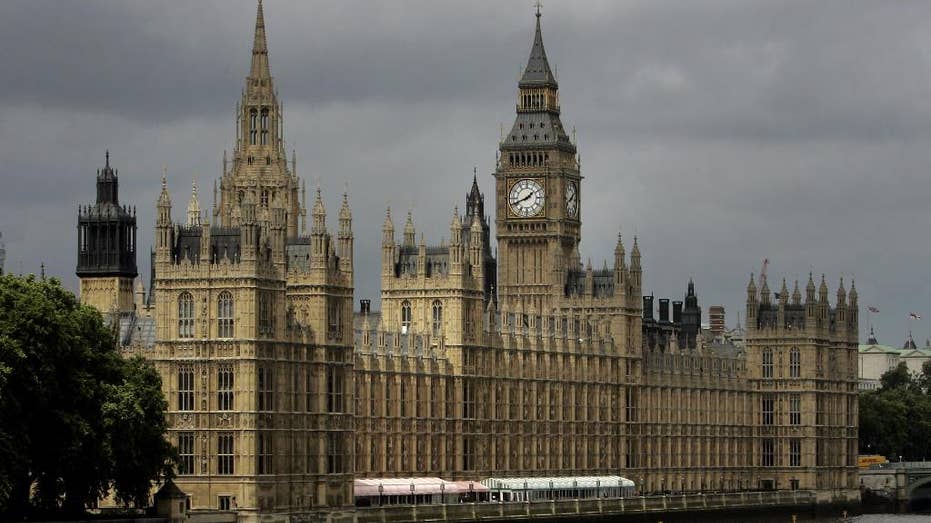British PM Faces Backlash Over Blocking Bill to Ban First-Cousin Marriages

Sarah Johnson
March 10, 2025
Brief
UK Prime Minister Keir Starmer faces criticism for opposing a bill to ban first-cousin marriages, sparking national debate over health risks, cultural sensitivity, and legislative action.
British Prime Minister Keir Starmer is under fire for his opposition to a proposed bill that would ban first-cousin marriages, despite growing concerns over the health risks associated with the practice. Conservative MP Richard Holden reignited the debate last week in Parliament, emphasizing the genetic and societal implications of such unions.
Holden argued, "A marriage between first cousins carries significant health issues, many of which aren't even knowable until post-birth. When practiced generation after generation, there is a significant multiplier effect." He also highlighted the broader implications for women's rights and societal openness, noting the complications of shared family dynamics, such as having the same grandparents.
However, Starmer remained firm in his stance, stating, "We've taken our position on that Bill, thank you." His office has yet to provide a detailed explanation for opposing the legislation but acknowledged the health risks associated with first-cousin marriages. A spokesperson said the government is prioritizing broader issues that matter to the British public, as outlined in the recent King’s Speech.
The discussion is fueled by alarming statistics. A 2024 study cited by The Daily Mail revealed that 46% of females in Bradford's Pakistani community share a common ancestor, a slight improvement from 62% a decade earlier. Meanwhile, other nations like Norway and Sweden are moving ahead with bans on cousin marriages, citing similar health and cultural concerns.
Critics from the conservative camp have been vocal. Ben Habib, chairman of the Great British Political Action Committee, described the situation as a symptom of unchecked liberalism. "Liberalism in the UK is out of control," he said. "In the pursuit of allowing people to do whatever they like, sanity is being set aside. If you’re a minority, you have a protective blanket put around you and encouraged to continue." Habib also blamed mass immigration for reintroducing the practice to Western culture, calling the government’s inaction "insanity."
Not everyone agrees with a legislative ban, though. Independent MP Iqbal Mohamed, a critic of the bill, acknowledged the health risks but argued that awareness and education, rather than outright prohibition, are the way forward. "The matter needs to be approached as a health awareness issue and a cultural issue where women are being forced against their will to undergo marriage," he said, adding that a ban would be neither effective nor enforceable.
Medical experts have long warned about the risks of autosomal recessive genetic disorders in children born to first cousins. Yet, Mohamed pointed out that the practice remains common in parts of the Middle East, South Asia, and sub-Saharan Africa, where it is culturally accepted.
The debate comes as Labour consolidates power after unseating the Conservative Party in the 2024 general election, but this issue has sparked frustration among conservative voices and beyond. The question remains whether the government’s commitment to cultural sensitivity is trumping its duty to address serious public health concerns. It’s a thorny issue, but one thing’s for sure—this conversation isn’t going away anytime soon.
Topics
Editor's Comments
It’s fascinating how this debate over first-cousin marriages sits at the crossroads of health, culture, and politics. On one hand, the medical risks are undeniable, yet the government’s hesitation to legislate feels like a glaring blind spot. Are they avoiding the issue to dodge cultural backlash? Or is this just another example of political priorities clashing with public health? Either way, this seems like a problem that’s only going to get messier before it gets resolved.
Like this article? Share it with your friends!
If you find this article interesting, feel free to share it with your friends!
Thank you for your support! Sharing is the greatest encouragement for us.



